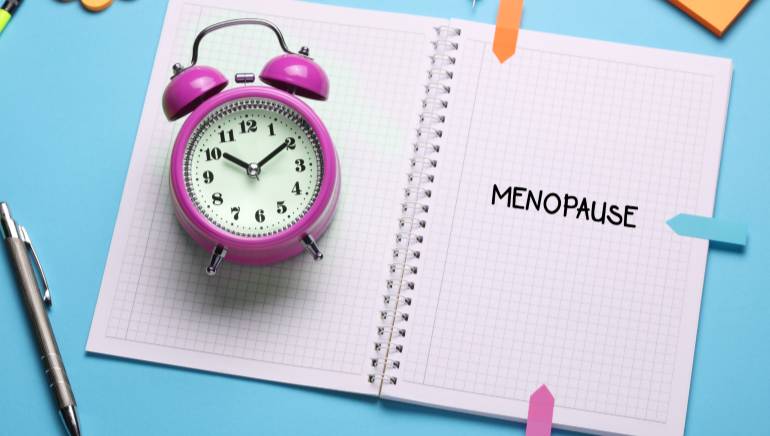
Menopause brings along with it a bevy of body changes—not just physical but emotional as well. When it comes to predicting the onset of menopause in women, the menstrual cycle patterns are generally used as an indicator.
However, it’s a fairly inaccurate approach. But now, a recent study, published in the Endocrine Society’s Journal of Clinical Endocrinology & Metabolism, has found a blood test that can predict menopause with relatively better accuracy.
Women are born with their lifetime supply of eggs, and the supply decreases as women approach menopause. The levels of anti-mullerian hormone (AMH) serve as an indicator of how many eggs a woman has remaining. So, measuring the levels of AHM can forecast when a woman’s final menstrual period will occur.
“Establishing a way to measure time to the final menstrual period has long been the holy grail of menopause research,” said co-lead author of the paper Nanette Santoro, M.D., of the University of Colorado Medical School in Aurora, Colorado.
Also, read: You can’t stop menopause, but you can certainly delay it by having more sex–suggests this study
“Using bleeding patterns or previously available tests to predict the time to menopause can only help us narrow the window to a four-year period, which is not clinically useful. Women can make better medical decisions with the more complete information offered by new, more sensitive anti-mullerian hormone measurements.”

So, if a woman is 48-years-old and has low levels of AHM, it indicates that menopause is likely approaching.
Also, read: It’s not your mom, it’s menopause! Here’s how you can help her deal with this phase of her life
For women who are determining whether to have surgery to manage fibroids or whether it is safe to stop using birth control, having an AMH measurement can provide additional information about the timing of menopause, Santoro said.
“Researchers have long thought AMH would be a superior marker of the time to menopause, but tests haven’t been sensitive enough to detect the very, very low levels that occur in the year or two leading up to menopause,” said co-lead author Joel S. Finkelstein of Massachusetts General Hospital in Boston, Mass.
Select Topics of your interest and let us customize your feed.
PERSONALISE NOW“It took a cohort like the Study of Women’s Health Across the Nation (SWAN), which followed the same women year after year from well before menopause until well after, to get the kind of data necessary to be able to demonstrate the predictive value of AMH.”